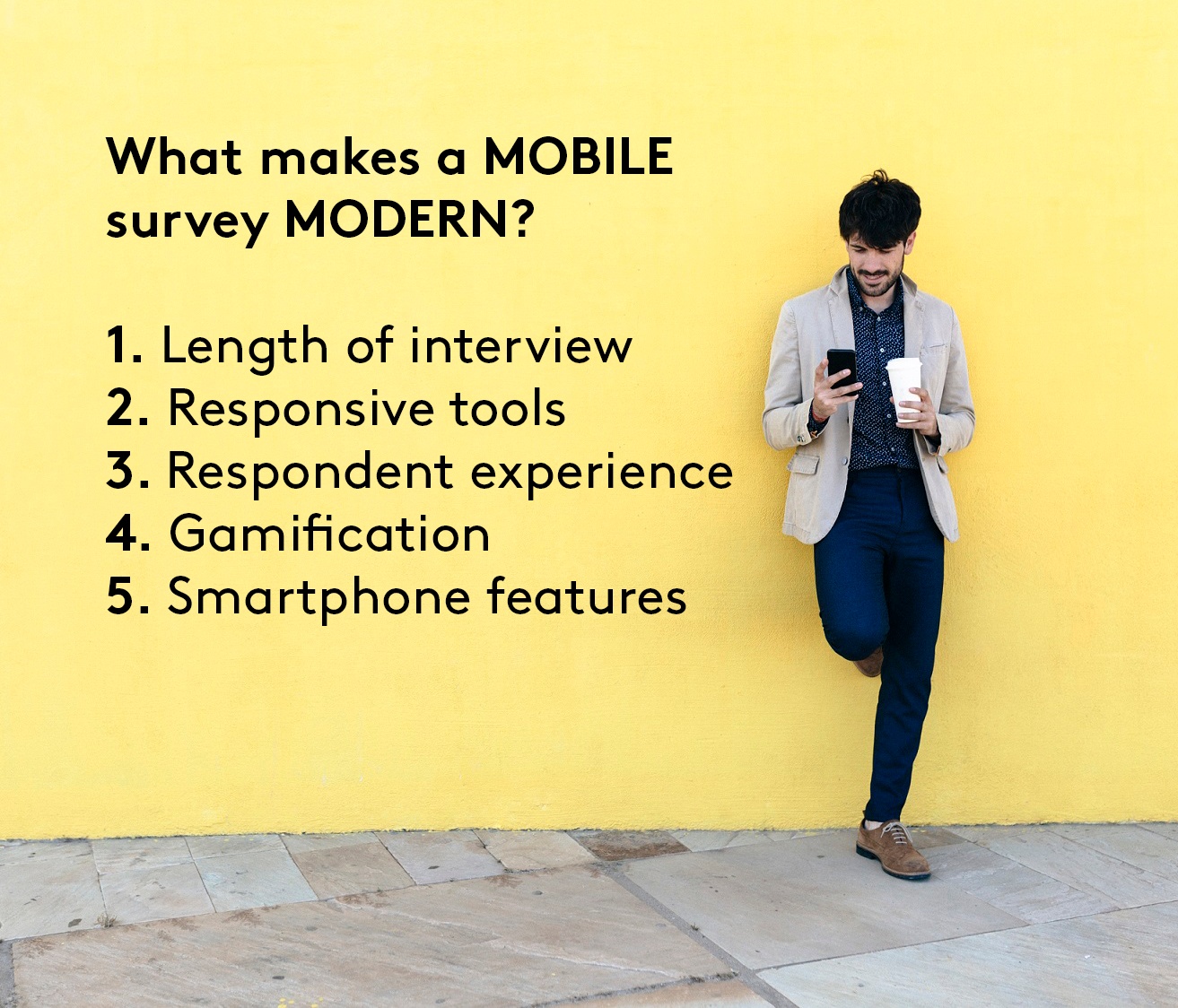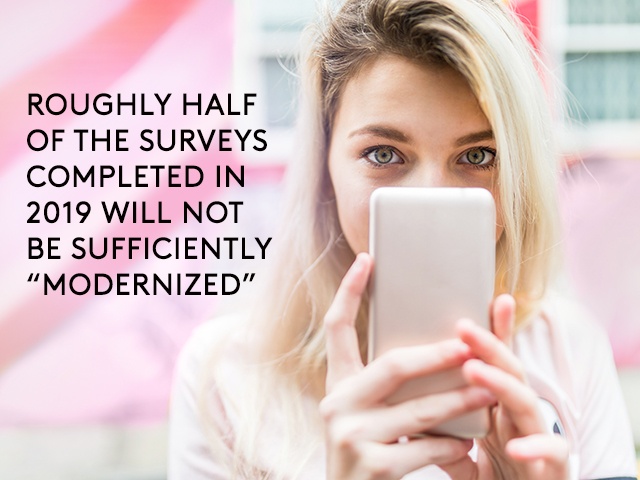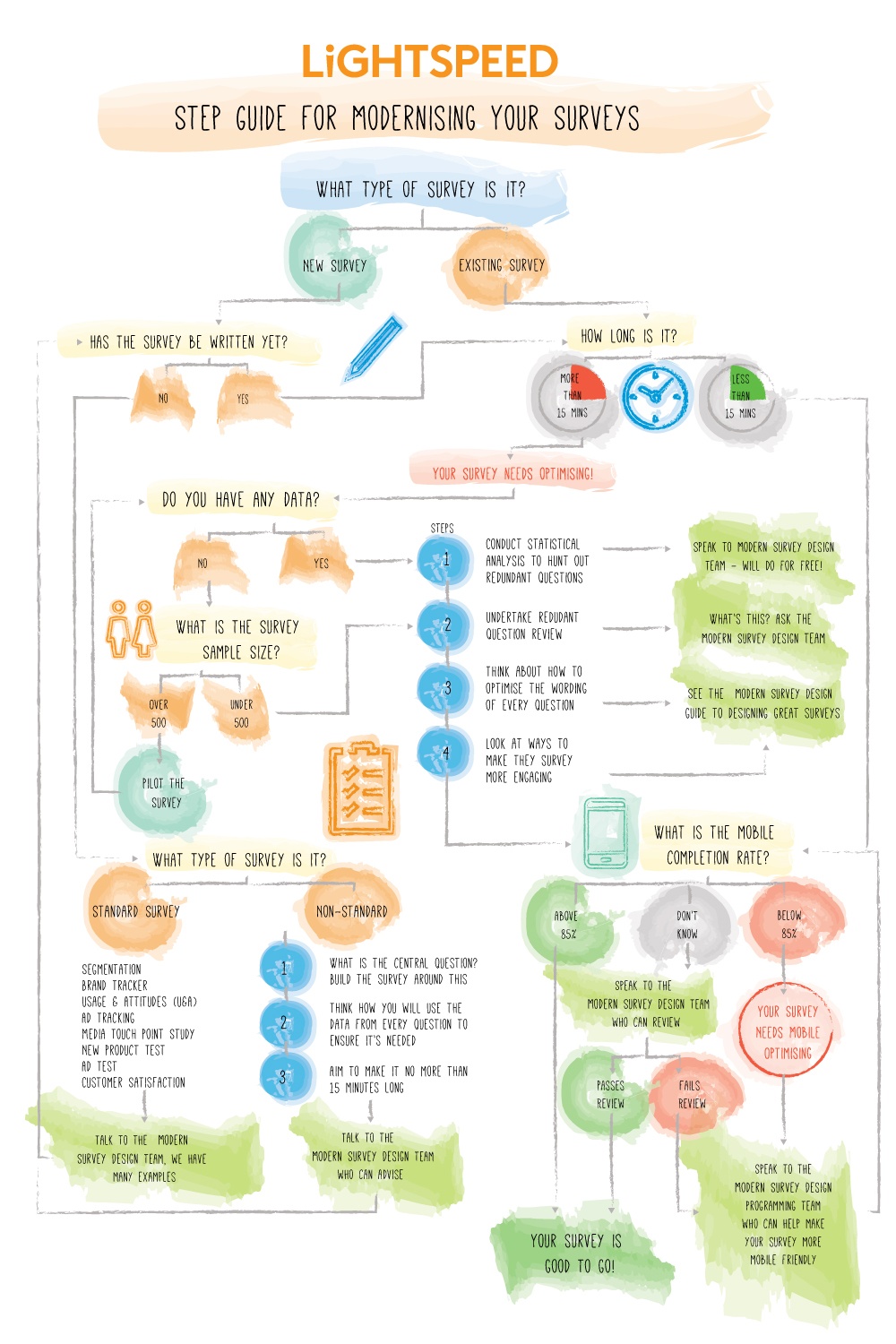With the innovations in healthcare technology, it’s no surprise that consumers feel empowered to take control of their health and wellness with the help of web-connected mobile health (mHealth) devices and applications. Smartphone ownership and the use of wearable technology and health-related apps are on the rise, and the proof is in the data. Since 2015, smartphone ownership has risen 21%, the use of wearable technology has increased 12.3% and the use of health-related apps has increased 25%.
Read More
Topics:
Data Driven Marketing,
thought leadership,
Healthcare Research,
health tech
As with every New Year, 2019 comes with new resolutions and predictions.
At Lightspeed, we've cemented our commitment to quality data and modern survey design; this year we aim to create holistic approaches that cater to the needs for simplicity, speed and scale. Below, Caroline Frankum, Global Chief Executive Officer at Lightspeed, shares insight on what you can expect from Lightspeed in the months to come and predictions for the industry in 2019.
Read More
Topics:
Data Driven Marketing,
Digital Data Collection,
Prediction,
thought leadership
"See you in an hour?” My son said to his friend as we were leaving school. I felt perplexed: I wasn’t aware of any playdate plans we had for the afternoon. When I asked him, he said they are meeting at Pet Sim on Roblox.
Read More
Topics:
Data Driven Marketing,
Marketing Research Data
We live in an increasingly socially connected and socially conscious world, causing many global brands to weave purpose into the fabric of their businesses - through mission statements, narratives and campaigns.
Read More
Topics:
Data Driven Marketing,
Marketing Research Data,
Emerging Markets,
Consumer Insights,
APAC,
thought leadership
November marks National Diabetes Awareness Month, and this year, it spotlights gestational diabetes.
Read More
Topics:
Marketing Research Data,
Healthcare Research
We define a “mobile friendly survey” different from a “modern survey.” A modern survey involves more than a device agnostic design; all components of a modern survey are designed specifically with consumer’s time and experience in mind. Here are five tips for going modern:
Read More
Topics:
Mobile,
Respondent experience,
mobile marketing research,
mobile surveys,
modern surveys
In 2009, the year following the iPhone’s release, eBay conducted $600 million in mobile transactions. Out of the gate eBay’s elegant app minimized friction throughout the acts of buying and selling. Ten years on, market research still struggles to keep pace. Why are links to 30-minute, even one hour plus surveys being emailed to potential respondents? What many refer to as the glacial pace of market research’s migration to mobile is not for lack of trying. Players new and old across the research project service arc have started entire companies, released new products, published parallel test findings and worked diligently to develop tools allowing the process of taking a survey on a smartphone to be as easy as booking a ride on Lyft. Many brand trackers have been redesigned and shortened without any changes to the valuable trend data and normative measures marketers use to make decisions.
Read More
Topics:
Data Quality,
modern surveys
Today’s consumers already have a voice online; they publish opinions, build their own sites, post videos and share content. Technology is enabling an increase in mobile activity – allowing people to connect everywhere and at any time. Because of this, it stands to reason that that the way we’re interacting with respondents is shifting. Market researchers are now facing the challenge of being on the consumer’s terms and competing for time with them.
Read More
Topics:
Mobile,
Online Sampling,
mobile first,
modern surveys
By engaging with consumers in meaningful ways, you’ll capture data on what they think, what content they see and what they do. Our Modern Survey Design techniques enable you to know more by asking the right questions in the right way.
Read More
Topics:
Survey Design,
questionnaire design,
marketing research best practices,
modern surveys













